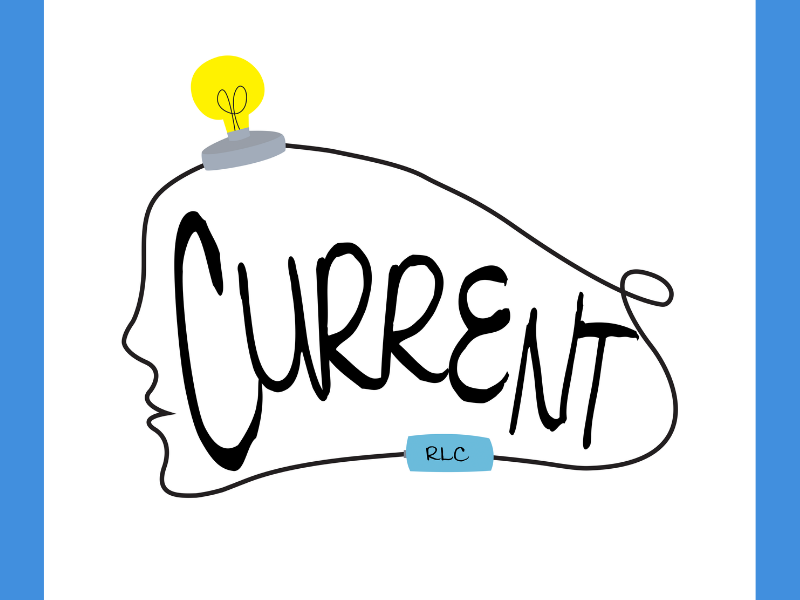By Gabe Christian-Solá

Girls, women, and other gender minorities are systematically tracked away from science and math throughout their education, limiting their training and options to go into these fields as adults. Women make up only 28% of the workforce in science, technology, engineering and math (STEM), and men vastly outnumber women majoring in most STEM fields in college. According to the American Association of University Women, the gender gaps are particularly high in some of the fastest-growing and highest-paid jobs of the future, like computer science and engineering.
Current Residential Community (RLC) was developed to bring together first-year students who identify as women and other gender minorities to build and engage in academic, intellectual, STEM-focused communities at Tulane, in New Orleans, and beyond. Drawing on the legacy of Newcomb College, our goal is to provide a place for first-year women to cultivate their interest in STEM fields-to energize their current-as they forge meaningful connections with one another and with faculty, staff, and alumnae through STEM-and gender-focused programming, research, and development opportunities.
Now in its second year, Current students have had an opportunity to bond and share time with one another, have received leadership development, gone on a retreat, and hosted virtual dinners with faculty in the School of Science and Engineering. Students in the RLC can take advantage of Newcomb Institute’s membership to Public Leadership Education Network (PLEN) and attend a fully-funded STEM policy seminar in the spring.
Students also have an opportunity to take a class together during their first semester on campus. The Current TIDES course offers a glimpse into the myriad of possibilities offered in STEM and the challenges facing women in these fields. Taught by Dr. Jacquelyne Thoni Howard, the FemTech course examines the role that gender plays in shaping technology design. It explores the role that technology specifically plays in women’s lives and the role that product design plays in shaping discourse around women’s relationship with technology. Because most students share the same first-year STEM curriculum, Newcomb Institute also offers academic support to those RLC students that request it.
We are deeply excited to continue to provide our students in Current with the networks they need to succeed in STEM fields and close the gender gap by building the language and knowledge to make that possible.
